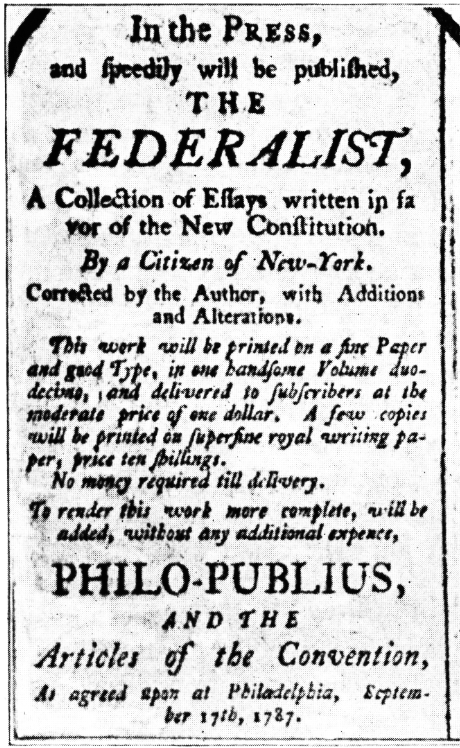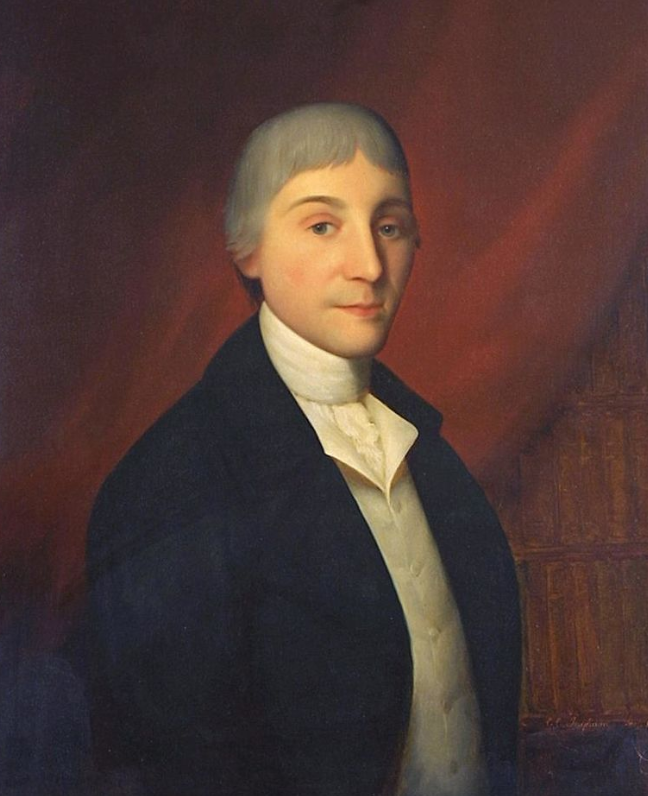The Logic of the Senate - Federalist #62
In Federalist #62 James Madison examines the United States Senate, focusing on its election process and its position as a check on the rest of the Federal Government.
Federalist #62
February 27, 1788
James Madison
In Federalist #62 James Madison discusses a wide swath of information regarding the Senate’s place in the Federal Government.
Most notably, Madison focuses on the reasons why Senators were chosen directly by the State Governments and how they are responsible for protecting the people from the House of Representatives making hasty, uninformed decisions.
State Representatives
Madison makes clear something that most of the Founders agreed on at the time, though it might seem a bit out of place to us now.
In modern times, Senators are elected by the voters. Originally, the State Governments decided on their Delegates.
Although the House of Representatives was meant to represent the PEOPLE, the Senate was expected to represent the STATES. (Though it should be noted that those States were run by members who themselves were elected by the people.)
Statesmen
The decision to have Senators serve longer terms than Congresspersons is also made important in this Paper.
While members of the House were generally expected to be from among the people, with less experience in running a nation and day jobs to return to, the Senators would have decades of experience in internal and foreign policies. Furthermore, with less people involved, Senators could keep a more united front based on their shared experiences.
They would have the insight to make sure Congresspersons did not make hasty decisions and pass inept laws which might destroy the nation.
Against His Own Ideas
What is most interesting about this article, perhaps, is not how its written but the point of view it takes.
James Madison famously proposed the original Virginia Plan at the Constitutional Convention (though, technically, Edmund Randolph brought it to the floor).
In his Virginia Plan, Madison recommended that both Houses of Congress be given proportional representation based on population. After a counter from small States to give both Houses equal representation, the modern form was created with the Great Compromise.
Madison, in this Paper, is arguing for a policy that was initially proposed in opposition to the first draft of a new Constitution he himself wrote.
I publish Federalist summaries every Friday.
If you’ve missed on, you can catch up here.
I’ve recently opened a shop that feature some of my favorite FOUNDERS QUOTES.
Check them out through the link below:






